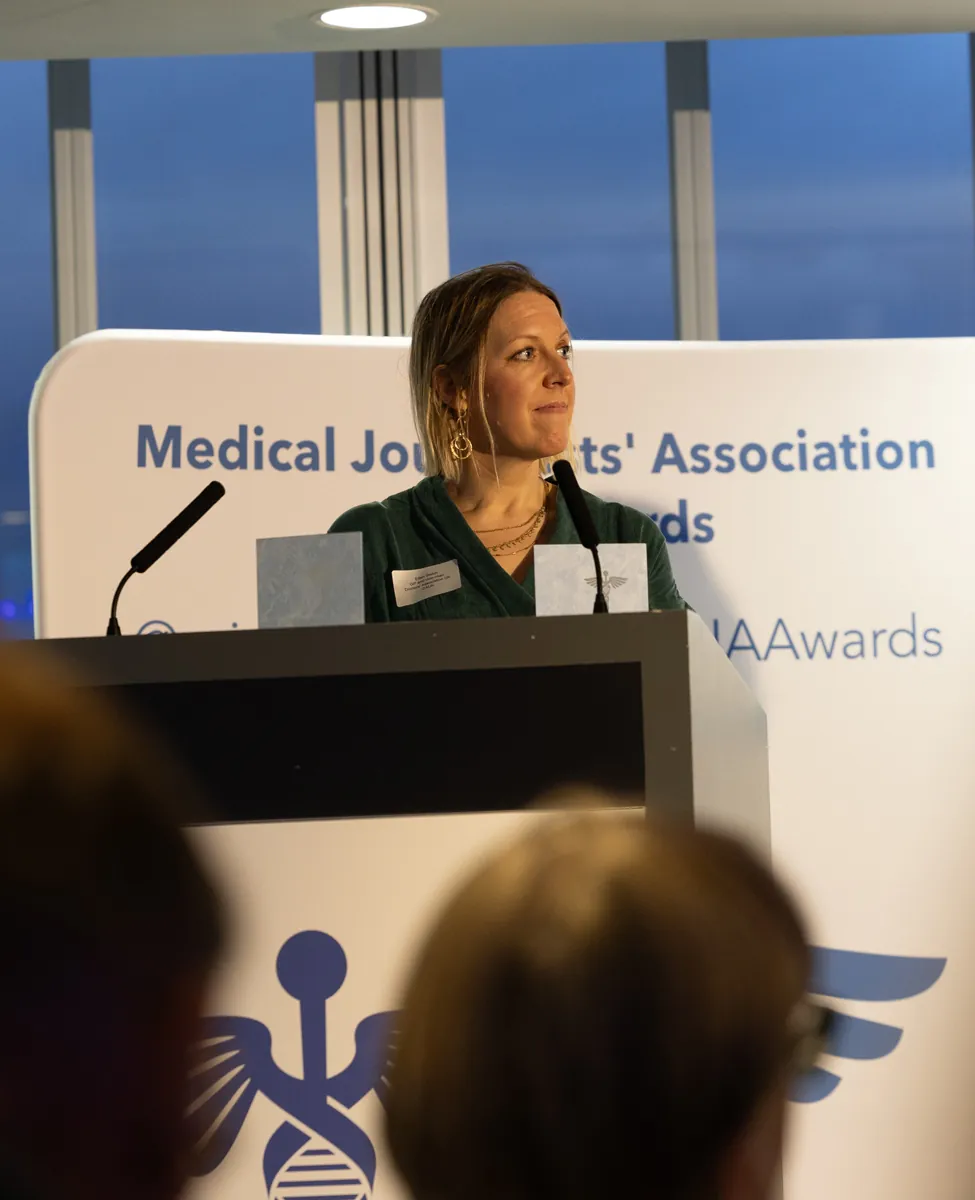The crises in general practice and social care are exacerbating the extreme winter pressures on NHS trusts, the chair of Doctors’ Association UK (DAUK) has told national radio listeners.
Ms Helen Fernandes said successive governments have failed to realise that the perilous state of general practice and social care is adding to the NHS winter crisis each year.
Speaking on BBC Radio 5Live, Ms Fernandes said general practice and social care needed urgent support.
She said: “There are two elements that the incumbent government and previous governments don’t seem to really get their head around that are the fixers that need to happen.
Social care
“The first is social care. Social care is underfunded and overstretched and can’t look after patients properly in the community.
“People get into hospital when they don’t need to because there’s a crisis social care can’t deal with. And then they can’t get out of hospital afterwards.
“The second element, and the big part of the NHS that can keep people out of hospital, are GPs.
General practice
“GPs are in their own crisis and are not able to provide the care for their patients. It needs urgent review and support, as does social care.”
Ms Fernandes said conditions in NHS hospitals across the country were ‘extremely challenging’ for frontline medical staff.
“I currently am not working on the frontline and am probably pleased and relieved with that,” said Ms Fernandes, a consultant neurosurgeon based in Cambridgeshire.
“Lots of our members are and my colleagues are.
“I would have to say there’s a mix of resignation, acceptance, despondency, and hopelessness, but still people are striving to get the best outcomes and care for the patients they’re desperately trying to help.”
Critical incident
Ms Fernandes explained to listeners the circumstances around when an NHS trust might declare a critical incident.
She said there wasn’t a set formula, but tended to be triggered by long waits in A&E and in ambulances outside hospitals, and a shortage of beds.
“A critical incident sends a message to those who are trying to come to hospital to think carefully,” she said.
“It may put social services and GP practices on alert if they can do more, which largely they can’t.
“It also helps the staff feel we are working under difficult circumstances, and it’s not our fault.”
A&E
Ms Fernandes spoke about the experience of her 99-year-old grandmother, who was admitted to A&E with pneumonia and flu earlier this week.
She was initially put on a trolley and told she faced a 21-hour wait to be fully assessed and admitted.
Ms Fernandes said: “The staff were lovely. Her care was really good. They moved her to a bed quite quickly.
“I explained it to the rest of my non-medical family, who were appalled but, given these headlines are regularly seen, everyone begins to understand that this is our new normal for our NHS.”
Please support our work by becoming a member or donating to our Go Fund Me.
Listen again to Ms Fernandes’s interview on BBC Radio 5Live.





